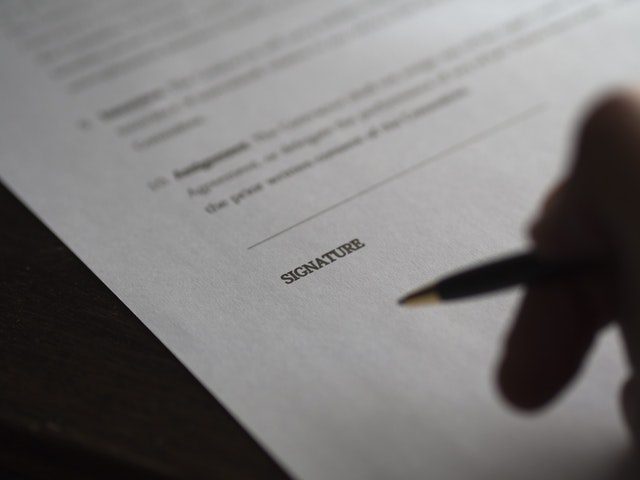In this twelve-part blog series, personal injury lawyers Bree Hankins and Adrienne Staley discuss important steps to follow after a motor vehicle accident and what you need to know about making a personal injury claim. Part 11 focuses on the case settlement process.
Part 11: When will my case settle?
We often get asked when will my case settle and how much will I get, and these are questions that we cannot answer right at the beginning of your case. We can, however, give you some guidance as to the steps involved in your case. For a refresher, please see part 8 of our blog series about the litigation process.
Throughout the litigation process while we are working on your case we are working towards two things. First, we always prepare a case as if it is going to trial. We gather evidence and analyze your case as if it was to go to trial so that if it does need to go to trial, we are prepared to present your case to the Court. We will discuss the trial process in our final post next week. Second, we analyze your case to see if we can settle it before proceeding to trial.
So when is your case ready to settle? If short, when we have all the information about how the accident and your injuries have affected your life. You only get one opportunity to be compensated for the injuries you suffered as a result of a motor vehicle accident, and you cannot come back and ask for more money once your case is settled because you have suffered more loss then you originally thought.
For this reason, we do not attempt to settle a case until we have a full understanding of how the accident and your injuries have affected your life, and after taking into consideration the different types of compensation you are eligible for (as discussed in our previous posts 9 and 10 about damages).
Once we have all the information, and we have a reasonable understanding of how your injuries affected your life and/or will continue to affect your life in the future, we can do a quantification of your claim. Quantification of your claim is when we determine how much your claim is worth. We can then proceed with settlement negotiations once we have a good understanding of the losses you have suffered and the compensation you may be entitled to for those losses.
Settlement Discussions
Settlement discussions can happen in a few different ways. For example, in appropriate cases, the case goes to mediation. Mediation involves negotiations that are facilitated by a third-party mediator. The mediator is often a senior lawyer who has extensive experience in this area of law and who has taken courses to be certified as a mediator. A mediator is a neutral party, who helps the parties come to an agreement. In the right cases, mediation is an effective way to resolve a case.
Another way settlement discussions happen is when your lawyer prepares a settlement proposal and sends it to the lawyer and ICBC to review. The lawyer and ICBC then negotiate with offers being sent back and forth until an agreement is reached.
Settlement Process
There are a few important things to note about the settlement process. First, is that no settlement will be reached without your approval. As lawyers, we take instructions from you after providing you with information and advice about your claim.
Second, a settlement is a compromise; it is finding a middle ground where you are reasonably compensated for your losses. If you do settle then you do not have to go to trial. If you do not reach a settlement your case will go to trial and a judge and/or jury will determine how much compensation you are entitled to for your losses.
We will discuss the trial process next week in our final blog post.
The information provided above is for educational purposes only. This information is not intended to replace the advice of a lawyer or address specific situations. Your personal situation should be discussed with a lawyer. If you have any questions or concerns, contact a legal professional.

